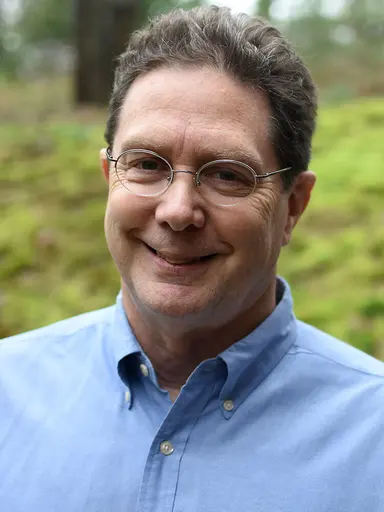The news from this region is that Germany won the 2014 World Cup, and they did it handily. But there is more. As the World Cup was getting underway, the Network for Biblical Counseling (NBS—Netzwerk Biblische Seelsorge) hosted its first conferences.
Over 600 people attended including pastors, counseling professionals, psychiatrists, and more students than anyone anticipated. Considering the small budget, the size of the evangelical church in Germany, and that the organizers had other full-time jobs, this was a significant event. What united the attendees and organizers is what unites us in other parts of the world: they want Scripture to speak into the struggles of daily life so they, themselves, can grow in grace and then help others.
The conference in Germany—followed by a similar conference in Switzerland—was divided into two days. The first morning began with the application of Scripture on shame and victimization, and the afternoon identified the essentials for helping people. An in-depth look at shame is a surprising way to inaugurate a conference, but “surprising” is exactly what we hoped for. We began with shame because it is so inviting both to believers and skeptics.
The second day we discussed depression, fear, and a biblical view of psychiatric disorders. It was for pastors but was again attended by a diverse group with many in their 20’s. The Q & A time for both days was characterized by insightful questions from people who obviously loved other people well.
A few impressions.
- Scripture identifies the human struggles of us all. We are more alike than different.
- Germans and Swiss are (usually) willing to let Americans hug them.
- There is a younger generation in Europe that is eager to see Scripture applied to daily life. They have witnessed other spiritual alternatives and find them empty. And they are not simply searching for personal meaning; instead, they are pleased to live humbly before God.
- Leadership makes a difference. Biblical counseling is growing throughout the world, but the most active places are where there are wise leaders. The pictures here include the leadership of the German and Swiss network: Michal Martens, Christian Andresen, Michael Leister, Oliver Meyer, and Thomas Wohler. These are godly men, with overlapping gifts, who work together. (You can learn more here).
The benefits of any conference, at least for me, are the many conversations before and after. These were, indeed, personal blessings. To be with like-minded people who share a vision to grow in godliness and help others to do the same—that is a gift. But it was the younger generation that distinguished this conference from others. They were unusually attentive, asked discerning and personal questions, and were willing to make sacrifices to contribute to the mission of the evangelical church. They cause me to reflect on the many fine students I know in the United States, and then anticipate how the future of the church looks quite bright.


